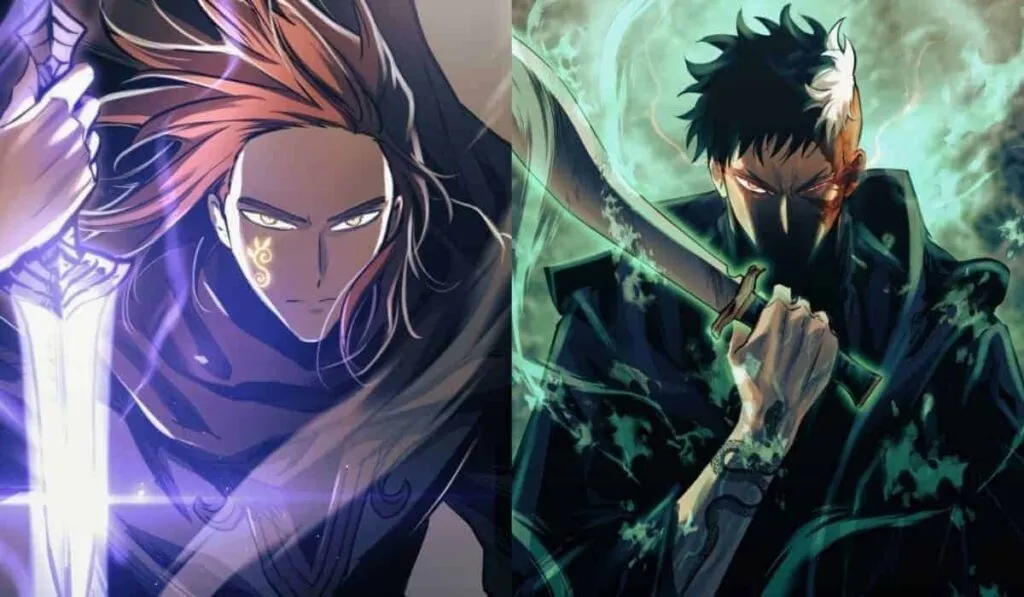One such fascinating tale revolves around the reincarnation of the Suicidal Battle God 100, a legendary character whose story transcends time and culture. This article delves into the intricacies of this captivating narrative, exploring its origins, impact, and enduring legacy.
Understanding Reincarnation
Reincarnation, a belief entrenched in various cultures and religions, refers to the rebirth of a soul in a new form after death. While interpretations may vary, the essence remains consistent—an eternal cycle of life, death, and rebirth. From ancient Hindu scriptures to contemporary philosophical discourses, reincarnation has been a subject of profound contemplation and speculation.
The Legend of the Suicidal Battle God
Among the myriad tales of gods and heroes, the legend of the Suicidal Battle God stands out as a testament to resilience and sacrifice. Across different mythologies and folklore, variations of this enigmatic figure emerge, embodying traits of courage, valor, and selflessness. Whether known as the Warrior of Eternal Strife, the Champion of Despair, or by other epithets, the essence of the character remains constant—a divine being destined to confront the trials of mortality.
The Rebirth of the Suicidal Battle God 100
In contemporary fiction, the reincarnation of the Suicidal Battle God takes center stage in a gripping narrative filled with action, drama, and intrigue. Known simply as “100,” the reincarnated deity navigates a world rife with conflict and chaos, grappling with the weight of past deeds and the burden of destiny. From humble beginnings to epic showdowns, 100’s journey captivates audiences, offering glimpses into the human condition and the eternal struggle between light and darkness.
Impact and Influence
The reincarnation of the Suicidal Battle God has left an indelible mark on popular culture, garnering a dedicated fanbase and inspiring countless adaptations. Across mediums such as literature, film, and gaming, echoes of 100’s saga reverberate, captivating new generations of enthusiasts. Themes of redemption, perseverance, and existentialism resonate deeply, transcending linguistic and cultural barriers.
Themes and Symbolism
Within the tapestry of 100’s story lie rich thematic elements and symbolic motifs waiting to be unraveled. From the dichotomy of life and death to the nature of heroism and sacrifice, the narrative invites introspection and interpretation. Whether viewed through a mythological lens or analyzed through a contemporary perspective, 100’s journey serves as a canvas for exploring timeless truths and existential quandaries.
Analysis and Interpretation
The reincarnation of the Suicidal Battle God invites myriad interpretations, prompting discussions on morality, fate, and the human experience. Critics and scholars alike have dissected the character’s arc, offering insights into its cultural significance and narrative complexities. From allegorical readings to psychological analyses, the discourse surrounding the 100’s saga continues to evolve, inviting fresh perspectives and scholarly inquiry.
The Legacy Continues

As the tale of the Suicidal Battle God unfolds, its legacy endures, paving the way for new chapters and adventures. With each iteration and adaptation, 100’s story evolves, resonating with audiences old and new. From graphic novels to animated series, the character’s mythos expands, transcending the confines of traditional storytelling and embracing the limitless possibilities of imagination.
Conclusion
In the ever-expanding pantheon of mythical heroes and divine beings, few figures evoke the same sense of awe and fascination as the Suicidal Battle God 100. Through the lens of reincarnation, the character’s journey transcends the boundaries of time and space, offering insights into the human condition and the eternal quest for meaning and purpose.
FAQs
- Is the legend of the Suicidal Battle God based on any specific mythological tradition?
The legend draws inspiration from various mythologies and folklore, amalgamating elements from different cultural narratives. - What sets the reincarnation of the Suicidal Battle God apart from other mythical tales?
Unlike traditional hero narratives, the story of 100 explores themes of redemption, existentialism, and the cyclical nature of existence. - Are there any notable adaptations or spin-offs of the Suicidal Battle God’s story?
Yes, the character has been featured in numerous adaptations, including novels, comics, and video games, each offering unique interpretations of the mythos. - What lessons can be gleaned from the journey of the Suicidal Battle God?
The character’s journey emphasizes the importance of resilience, self-discovery, and the enduring power of hope in the face of adversity. - How has the reincarnation of the Suicidal Battle God influenced popular culture?
The character’s impact can be seen across various forms of media, inspiring fan communities, artistic endeavors, and philosophical discourse.







Be First to Comment